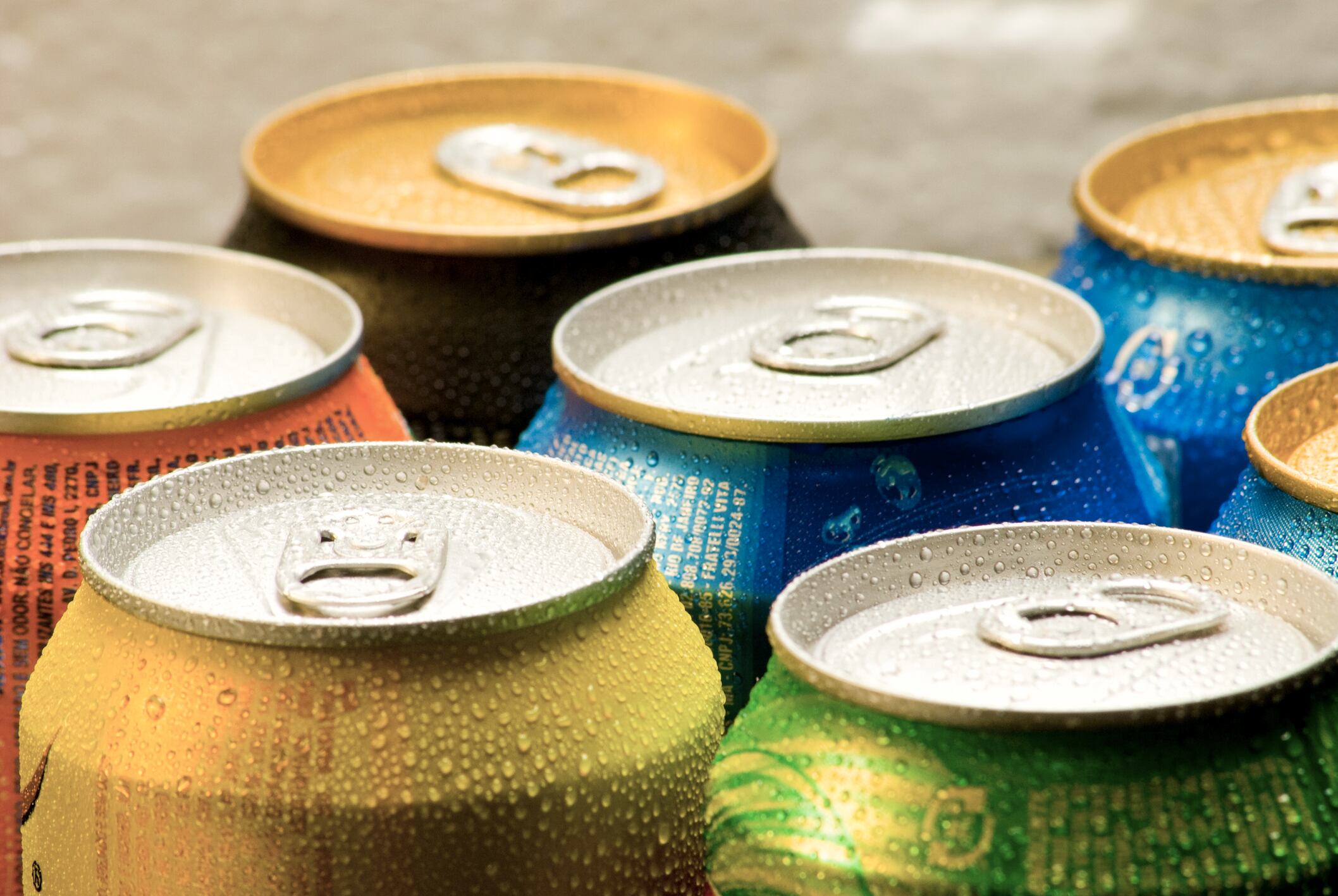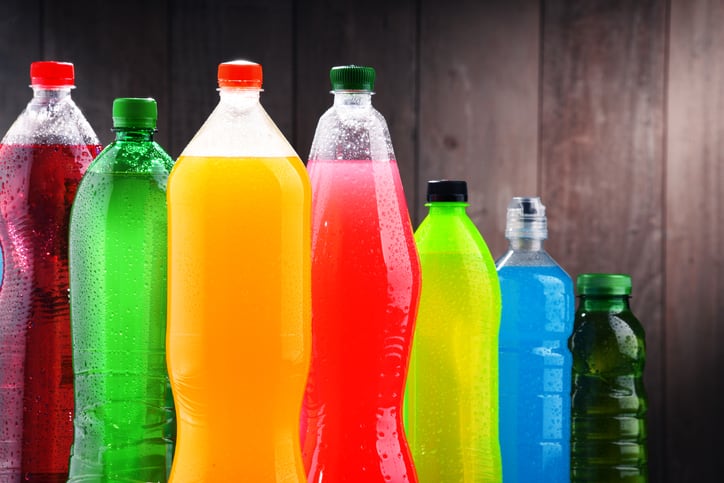Consuming two glasses (at around 250ml each) of soft drinks per day was tied to associated with a higher risk of death in the population-based cohort study of 451,743 people across 10 European countries.
The authors found that greater consumption of artificially sweetened soft drinks was positively associated with deaths from circulatory diseases, and sugar-sweetened soft drinks were associated with deaths from digestive diseases.
The authors believe their study is the largest to date to investigate the association between soft drink consumption and mortality.
However, they acknowledge the observational design of the study means it cannot establish causality.
10 country study
Published in JAMA Internal Medicine, the study covered Denmark, France, Germany, Greece, Italy, the Netherlands, Norway, Spain, Sweden, and the United Kingdom. The researchers recruited a study cohort of 451,743 participants between 1992 and 2000 and recorded their soft drink consumption.
Over the following years (up to 2012) 41,693 deaths occurred in the cohort. Higher mortality (from any cause) was found among people who consumed two or more glasses per day of soft drinks, compared to those who drank less than one glass per month. This included both sugar-sweetened soft drinks and artificially sweetened soft drinks.
“In this large multinational European study, higher level of consumption of total, sugar-sweetened, and artificially sweetened soft drinks was associated with increased risk of death from all causes,” write researchers in the study.
“The positive association between soft drink consumption and mortality was evident for both men and women. Only artificially sweetened, and not sugar-sweetened, soft drinks were associated with deaths from circulatory diseases, whereas for digestive disease deaths, only sugar-sweetened soft drinks were associated with higher risk.”
Previous studies have previously linked sugar-sweetened and artificially sweetened soft drinks to higher risk of obesity, type 2 diabetes and cardiovascular disease.
The study also observed that higher soft drink consumption was associated with greater risk of Parkinson disease mortality. “To our knowledge, this study is the first to link soft drink consumption with Parkinson disease, and additional studies are required to examine this association.”
The study was funded by the European Commission and the International Agency for Research on Cancer, with support from national cancer societies and public health foundations.
Industry highlights lack of causality
The British Soft Drinks Association (BSDA) has responded to the study, highlighting that health authorities say low and no calorie sweeteners are safe.
Gavin Partington, British Soft Drinks Association Director General, said: "This study does not provide evidence of cause, as the authors readily admit.
“According to all leading health authorities in the world, as well as Cancer Research UK and Diabetes UK, low- and no-calorie sweeteners are safe.”
The BSDA says soft drinks are safe to consume as part of a balanced diet, and points to efforts made by the industry to tackle obesity. It quotes data from Kantar Worldpanel which shows overall sugar intake from soft drinks was down by 30.4% between May 2015 and May 2019.
The International Sweeteners Association (ISA) also highlights the observational design of the study, which 'by its nature, and as also acknowledged by the authors, cannot prove any cause and effect relationship'.
An ISA spokesperson said: "Extreme caution must therefore be applied when considering results of this type of studies, as selection bias, residual confounding and reverse causation may affect the observed associations.
"Furthermore, in line with the overwhelming body of scientific evidence available, the safety of all approved low calorie sweeteners has been repeatedly and consistently confirmed by regulatory authorities around the world."
Souce: Mullee A, Romaguera D, Pearson-Stuttard J, et al. Association Between Soft Drink Consumption and Mortality in 10 European Countries. JAMA Intern Med. Published online September 03, 2019. doi:10.1001/jamainternmed.2019.2478




